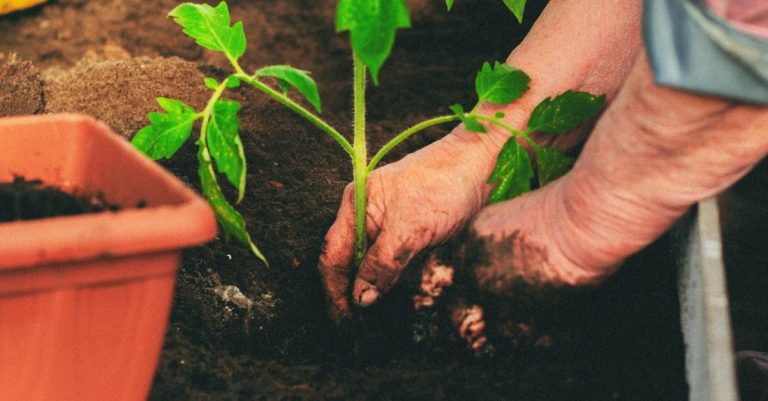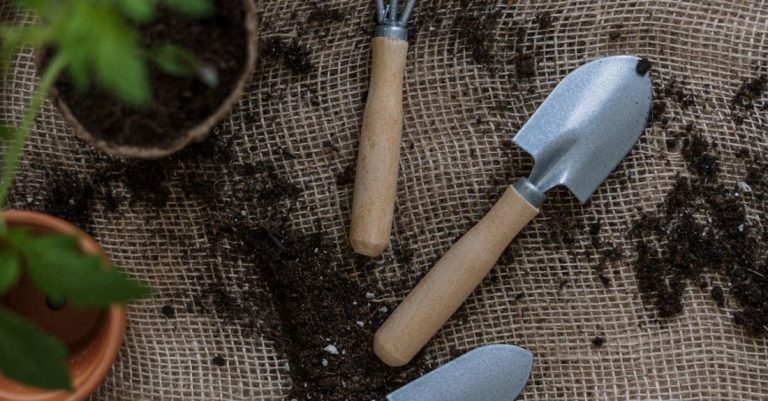
Healthy soil is the cornerstone of successful gardening and farming. By improving soil health organically, you can enhance the productivity of your garden while contributing to environmental sustainability. In this article, we will explore effective methods to boost soil health naturally, without the use of harmful chemicals.
Understanding Soil Health
Before diving into the ways to improve soil health organically, it is essential to understand what soil health entails. Soil health refers to the overall well-being of the soil ecosystem, including its physical, chemical, and biological properties. Healthy soil is teeming with beneficial microorganisms, such as bacteria and fungi, that work together to break down organic matter and make essential nutrients available to plants. Improving soil health is about creating a balanced and fertile environment where plants can thrive.
Utilizing Compost
Compost is a valuable resource for improving soil health organically. Compost is made from decomposed organic matter, such as kitchen scraps, yard waste, and manure. When added to soil, compost enriches it with essential nutrients, improves soil structure, and enhances its ability to retain moisture. To make compost, simply collect organic materials in a compost bin or pile, keep it moist, and turn it regularly to promote decomposition. Once the organic matter has broken down into dark, crumbly compost, it is ready to be incorporated into the soil.
Mulching for Soil Protection
Mulching is another effective way to improve soil health organically. Mulch acts as a protective layer on the soil surface, helping to retain moisture, suppress weeds, and regulate soil temperature. Organic mulches, such as straw, wood chips, and leaves, gradually break down and enrich the soil with organic matter. To mulch your garden, spread a layer of organic material around your plants, leaving space around the stems to prevent rotting. As the mulch decomposes, it will improve soil structure and fertility.
Crop Rotation for Nutrient Diversity
Crop rotation is a traditional farming practice that can greatly benefit soil health. By rotating crops seasonally, you can prevent the depletion of specific nutrients in the soil and minimize the buildup of pests and diseases. Different plants have varying nutrient requirements, so rotating crops helps maintain soil fertility and balance. For example, legumes, such as peas and beans, are known for their ability to fix nitrogen in the soil, benefiting subsequent crops. Plan your garden layout to include a rotation schedule that suits your plants’ needs and maximizes soil health.
Encouraging Beneficial Microorganisms
Beneficial microorganisms play a crucial role in soil health by breaking down organic matter, cycling nutrients, and suppressing harmful pathogens. To encourage the growth of beneficial microorganisms, avoid using synthetic fertilizers and pesticides that can harm microbial populations. Instead, focus on building healthy soil through practices such as adding compost, using cover crops, and minimizing soil disturbance. Healthy soil teeming with diverse microorganisms will support plant growth and resilience.
Promoting Biodiversity Above and Below Ground
Biodiversity is key to a thriving ecosystem, both above and below ground. In the garden, planting a diverse range of crops can help improve soil health by enhancing nutrient cycling, reducing soil erosion, and attracting beneficial insects. Above ground, diverse plantings provide habitat and food sources for pollinators and other wildlife. By promoting biodiversity in your garden, you can create a balanced and resilient ecosystem that benefits both plants and soil organisms.
Maintaining Proper Soil pH
Soil pH, which measures the acidity or alkalinity of the soil, plays a critical role in plant nutrient availability. Most plants prefer a slightly acidic soil pH between 6.0 and 7.0. To maintain proper soil pH organically, you can use amendments such as lime to raise pH or sulfur to lower pH. Conduct a soil test to determine your soil’s pH level and make adjustments accordingly to create an optimal growing environment for your plants.
Ensuring Adequate Drainage
Proper drainage is essential for healthy soil, as waterlogged soil can lead to root rot and nutrient leaching. To improve soil drainage organically, amend heavy clay soils with organic matter such as compost or peat moss to improve aeration and water infiltration. Raised beds can also help improve drainage by providing better soil structure and preventing waterlogging. By ensuring adequate drainage, you can create a healthy and oxygen-rich environment for your plants’ roots.
Nurturing Soil Health for Sustainable Gardening
Improving soil health organically is a sustainable approach to gardening that benefits both plants and the environment. By utilizing compost, mulching, crop rotation, and other organic practices, you can create a balanced and fertile soil ecosystem that supports plant growth and resilience. By nurturing soil health, you can enjoy a bountiful garden while contributing to long-term environmental sustainability. Embrace these organic methods to enhance your soil health and create a thriving garden for years to come.





